

I was going to bring up TWPatch myself, too. @Dirt_Owl@hexbear.net I will warn you that while you can see previews of the different filters, applying one takes a long-ass time, I'm talking multiple minutes, so choose wisely.
The ability to boot a DS game in its native resolution is done by holding START or SELECT while it boots up. It's actually part of the official firmware, not something added by homebrew software:
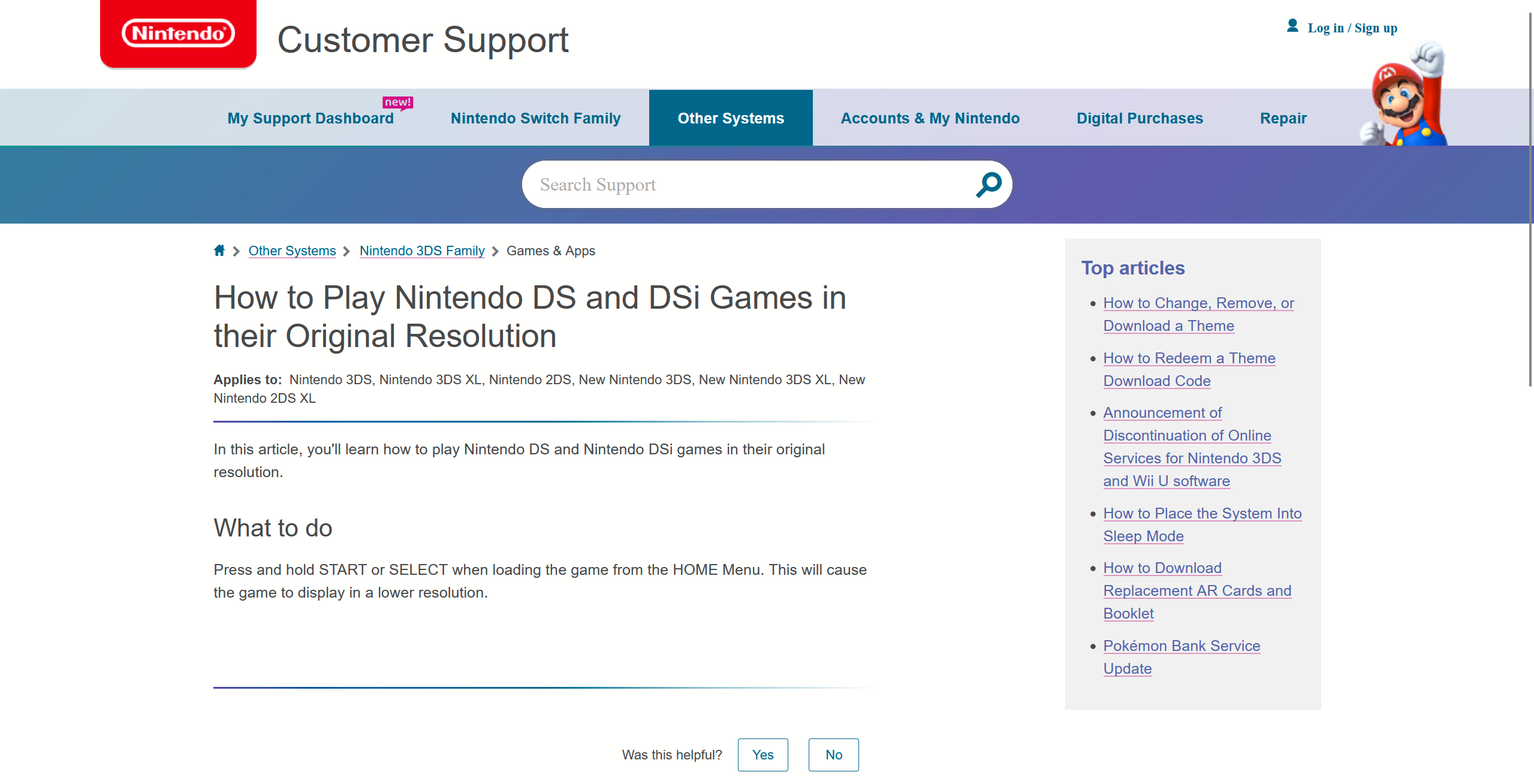










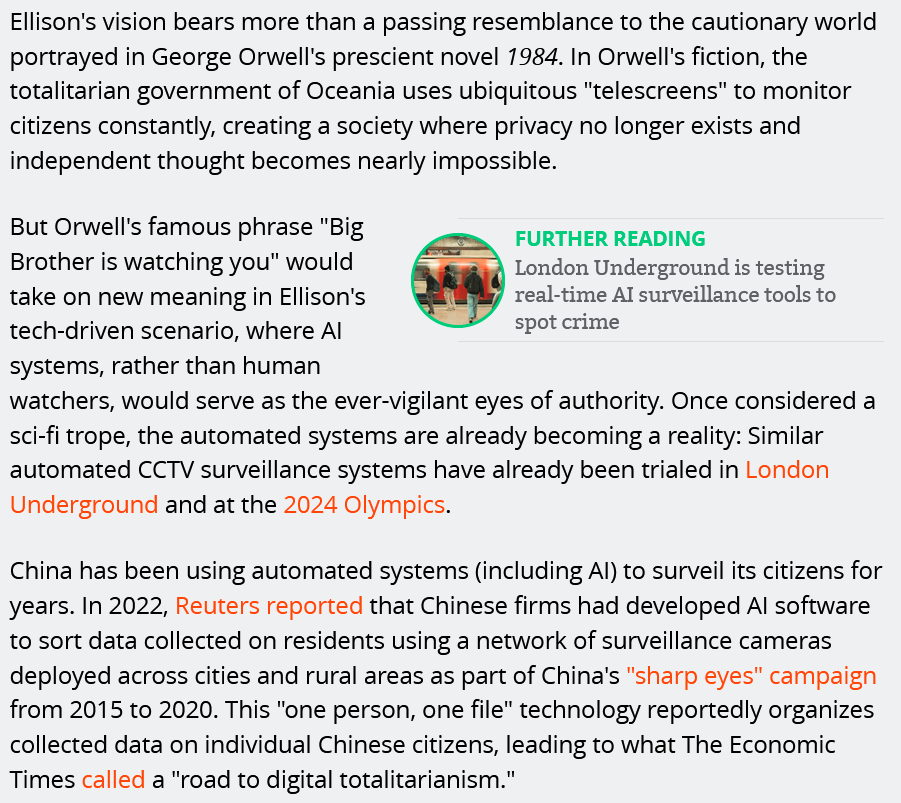


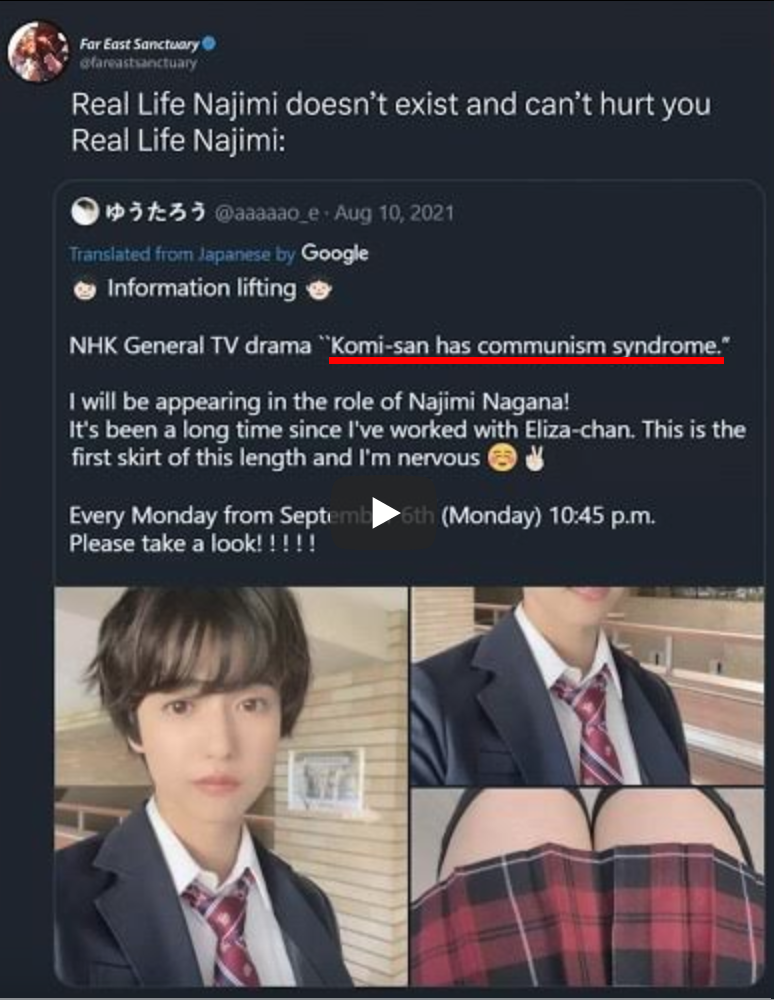

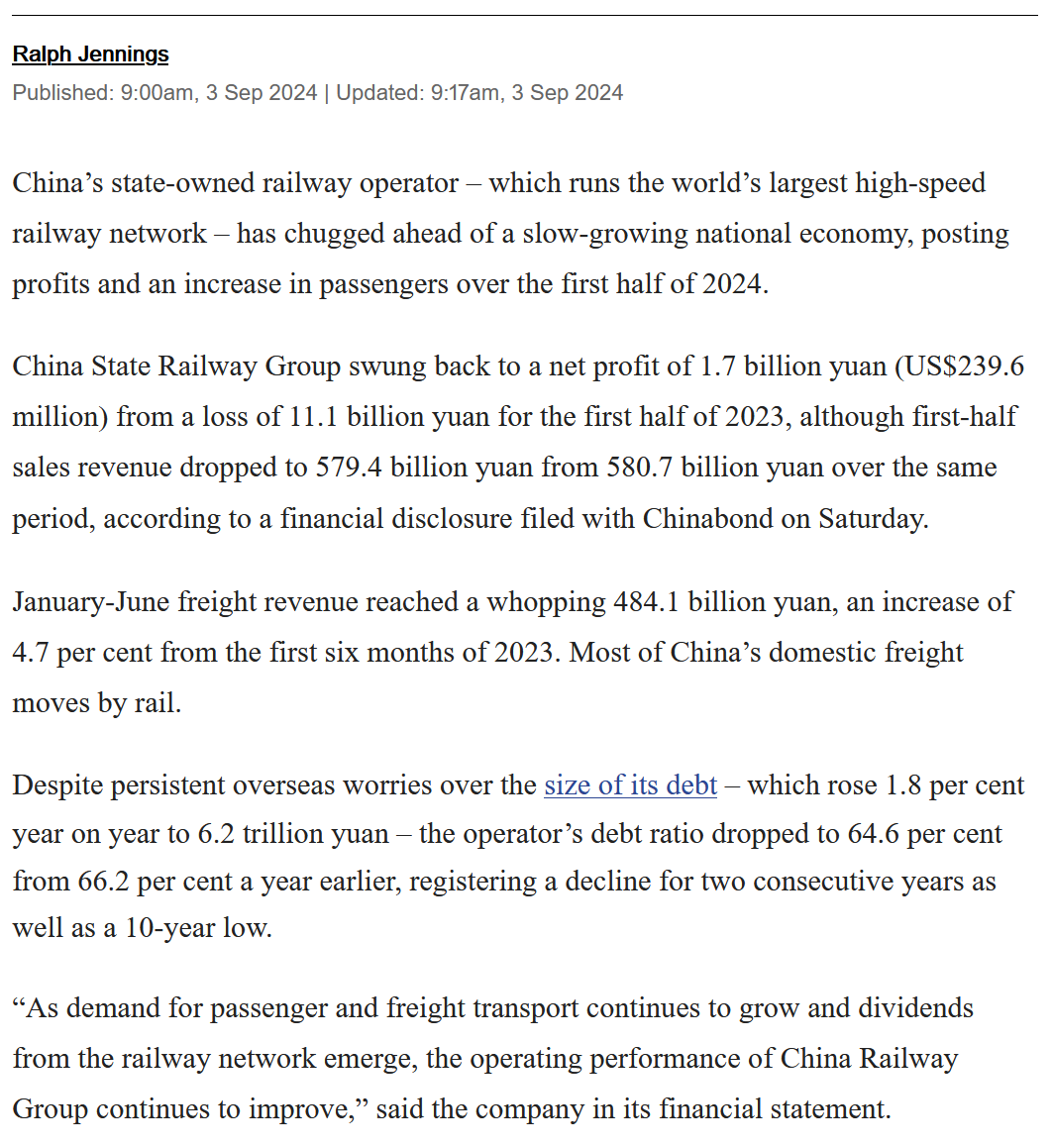

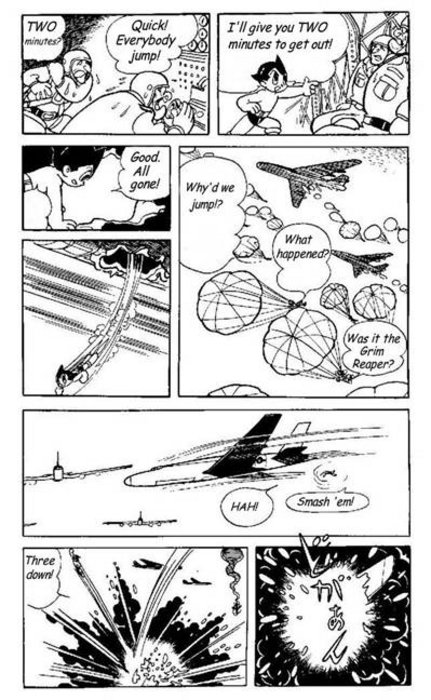
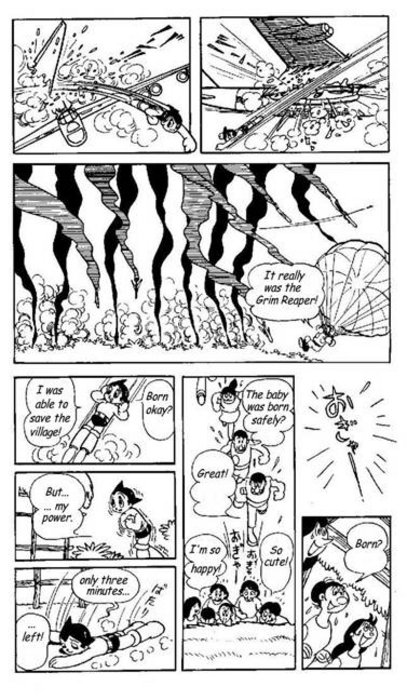




Alongside the usual hand-wringing about China's economy, it also talks talks about how "younger Chinese consumers are increasingly spending their money on experiences like travel rather than status symbols":
Also this was just plain funny:
RIP bozo